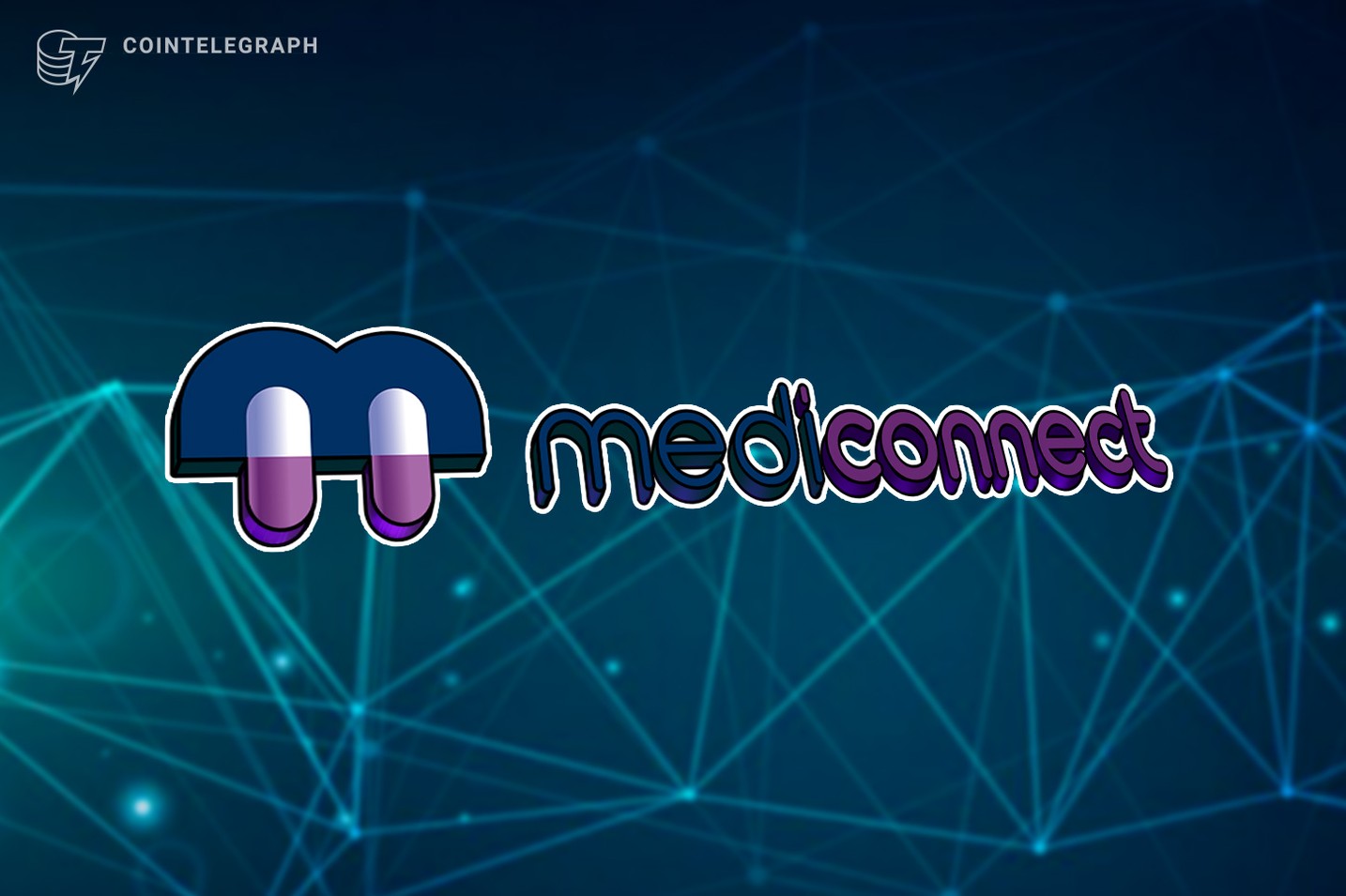MediConnect will resolve key issues for the NHS and across the pharmaceutical industry. This includes the tracking of medicines from reputable manufacturers, wholesalers, prescribers and pharmacies. Preventing patients accessing medication from multiple pharmacies at the same time; the removal of counterfeit medication from distribution and simplified recalls of prescribed drugs at any point across the pharmaceutical industry.
The overuse of prescription medication occurs only because one healthcare professional does not know or does not have an up-to-date record of a patient’s prescription history. There is not a single point of information that maintains a record of recently prescribed medications across the industry as a whole.
This is verified by the CQC report, stating that 43% of online prescribers were unsafe. A further investigation conducted by Pulse, revealed that at least 11 of the 35 online prescribing pharmacies inspected by the CQC were criticised for failing to inform GPs when they have treated their patients.
The figures are startling! The cost to the NHS has risen astronomically, with opioids alone costing the taxpayer £263 million in 2017, an estimated 2,000,000 Brits are said to be chronic painkiller users. In addition, private detox centre admissions are up by 30% in the last two years.
Dexter Blackstock, Director of MediConnect stated:
“I got into the pharmaceutical industry when becoming business partners with Joe Soiza, founder of UK Meds. Initially, we were shocked to learn that there was no centralised solution that enabled pharmacies and general practitioners to establish what a patient had been prescribed and more importantly, when. This is precisely why MediConnect was formed, to save lives and better the system to provide a level of transparency for pharmacies and general practitioners prescribing drugs to their patients.”
It is also worth noting that patients are already aware of potential threats to supply chains. During the Casodex, Plavix and Zyprexa scandal of 2007, the Medicines and Health products Regulatory Agency (MHRA) seized 40,000 packs of fake medicine before they were distributed to pharmacies, but 25,000 packs reached pharmacies across the UK and were dispensed to patients. Following a recall, a further 7,000 packs were recovered.
The MediConnect blockchain solution aims to tackle these problems and the technology that enables them to do so is now available. In addition, to solving these problems, MediConnect foresees its blockchain solution as an opportunity to introduce a token, the MediConnect (MEDI), as a unit of value.
The MediConnect solution will be comprised of two blockchains: Firstly, a private, permissioned blockchain to store confidential customer prescription data and provenance data for medicines. This type of blockchain is often referred to as Distributed Ledger Technology (DLT). Secondly, a public blockchain that will handle the MEDI transactions relating to the purchase of medication, loyalty schemes and will fund Smart Contracts embedded within the MEDI platform. Both blockchains will be implemented utilizing the Stratis Technology Stack.
To find out more about MediConnect and how they are aiming to revolutionize the pharmaceutical industry to save lives, visit their website below.
Company site: mediconnect.io.
